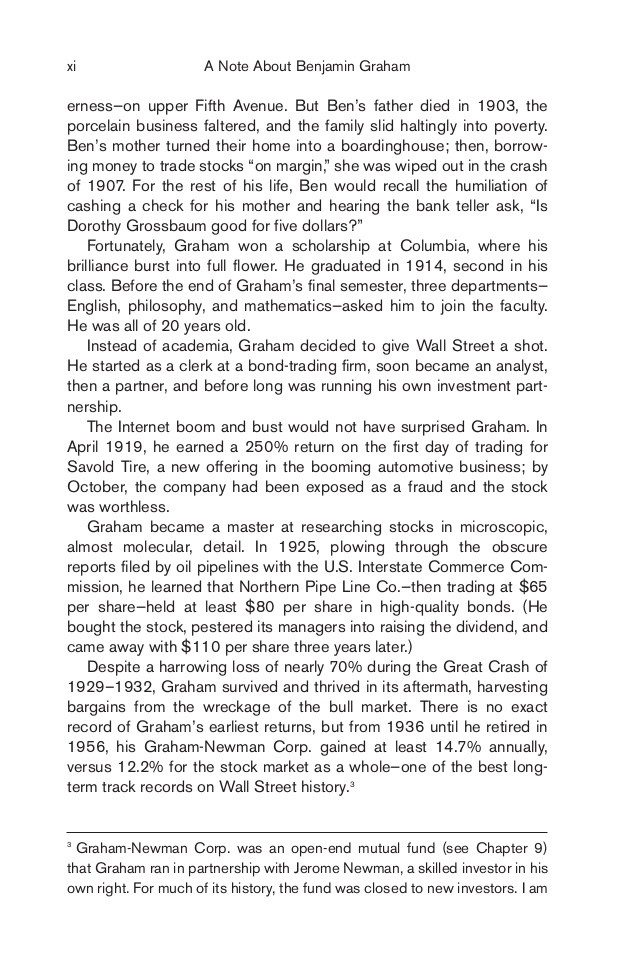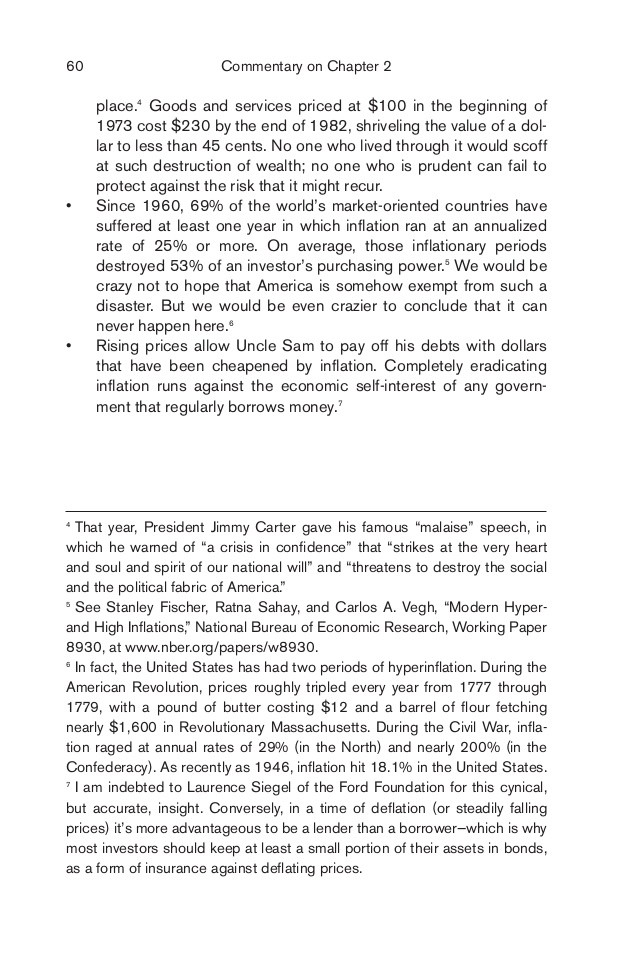Investin Not Learn To Earn Peter Lynch and John Rothchild Book Review by Locth
Post on: 29 Июнь, 2015 No Comment

Investing. Why Not? Learn To Earn Peter Lynch and John Rothchild Book Review by Locth
by Locth
You make a lot of money and you keep your money at home. Thats money wasted. The question is how to make more money with money. I had that question in mind so I sought out books to enhance my knowledge thus to make more money. Here is one book Ive found about investing for rookies.
Im currently following Peter Lynch and his thoughts in Learn To Earn. The book is written by Peter Lynch and John Rothchild. Without Rothchild, thered have been no in depth analysis of the up and down financial situations of companies during specific important periods. Thanksfully to Rothchild.
Comparing between Learn To Earn and the famous The Intelligent Investor, Learn To Earn is an easier one to comprehend the fundamental ideas of investing and a little bit of capitalism history than the famous The Intelligent Investor by Benjamin Graham who was Warren Buffetts mentor. But lets just put aside Grahams (I didnt read it yet). Lets talk a bit about Learn To Earn.
Learn To Earn is good for beginner or potential investors trying to understand whats going on with the people on Wall Street; whatre they up to and why they all get crazy and happy all of the sudden just by watching the numbers sliding on the ticker tape board.
The first chapter A Short History of Capitalism is a little boring to some (who likes history?). But its important to know what has happened in the past that changed the whole economic system nowadays. Lynch goes through the history of the United States from the beginning when sailors from Europe first landed in America and set their agriculture businesses in the new colony. But before travelling, they needed money so they asked several richy riches for funds in return of profits from their new business. By the time passing, more problems came in the way as the economy has gotten more complex. The government set more rules and created more departments to control the market from exploding as it happened in many economic crashes throughout the history (like the one in 1929, you time it). Century by century, a gradual increase in size of profits and opportunities in the stock markets attracted more and more investors to join. The market became crowded. It confuses the rookies, young investors, in terms of whos playing the game and what role the newbies play in this whole money scene.
So whos playing the game? Therere the public companies that sell shares in public, the brokerage houses who takes the sell and buy orders with big or small fee and full or discount services, the watchdogs of SEC (Security & Exchange Commission) who will blow on your neck if youre doing something suspicious e.t.c. Therere more in the book if you want to discover.
After you knew whos in the game, the book leaves you a question about what do I do next? The main reason Im reading this book is to know what kinds of investing and how do I invest? Before reading this I just though that if I have money, I would go to a company and buy stocks. Simple as that and wait for money to grow. Hello? Wake up! Its not that simple. Therere many types of investing such as bond, mutual funds, stocks and saving accounts. Each one has its own advantages and disadvantages regarding to the maturity time and earning percentage. For example, bonds are less risky as you know what youll get but the profit is lower than stocks. On the flip side, stocks have the highest risk but you might earn triple your original capital with a right stock over the long run. And you dont bring your money to any company and buy their shares right of the bat. Its not a grocery store. What you would do is go to the brokerage houses and place your orders there. And therere types of brokers too, discount and full-service. Of course, they dont work for free. They charge you fees and it depends on the brokers who might charge you 0.5% to more than 2% of your trades. However, therere also around 80 companies in the States that offer direct investing program in which you can buy shares directly from the companies without using a broker. But theyll require a minimum of purchase (could be around $100 to >$1000). So thats how you join the game. Then you might wonder how do I play this game? Read on!
The book shows you the options to choose either going for mutual funds or stocks or bonds or just having a saving account. Its up to your risk tolerance. Are you an aggressive investor who can risk all your money to fry a big fish or youre more of a secured person who seeks for steady growth with low to no risk of loosing money? Youll find out your investing type later on as your portfolio grows. Either way, the lesson is you dont invest until you know the whole story and it makes sense. The lesson is mostly applied to equity investors. Before buying or selling any stock, a lot of researches and analysis on a certain company are essential. Youll receive quarterly reports and an annual report every fiscal year as an owner of the corporation (because you own its shares, even just 1 share). Based on whats written in the reports and what youre seeing the companys price in the market, it should be a conclusion to be made whether you should buy more shares or sell off some to prevent yourself from losses. Its up to your judgement. However, trading stocks when the price goes up or down are for short-term investors. Investors who seek for profits from buy low sell high might suffer night by night worrying about whats going to happen. Its most likely their emotions will replace their rational analysis and thats the common problem a lot of people are making now when playing the stock game. Its a different story when youre a long-run investor but thats another thing to say. Basically, those things above are a few techniques among many that this book provides.

Learning about investing is fun. Very fun. Learn To Earn is a worth-to-read for beginners with comprehensive vocabulary and easy ways of expressing concepts. If your dream is to build a healthy personal finance and step up to a higher social class, please feel free to pick up investing books. Reading enhances your knowledge and also your critical thinking ability. But before trying to digest something too concrete, I suggest reading this book before going further academically. More interesting stuff are coming up when you start reading.
Locth
Montreal
March 4th, 2015














